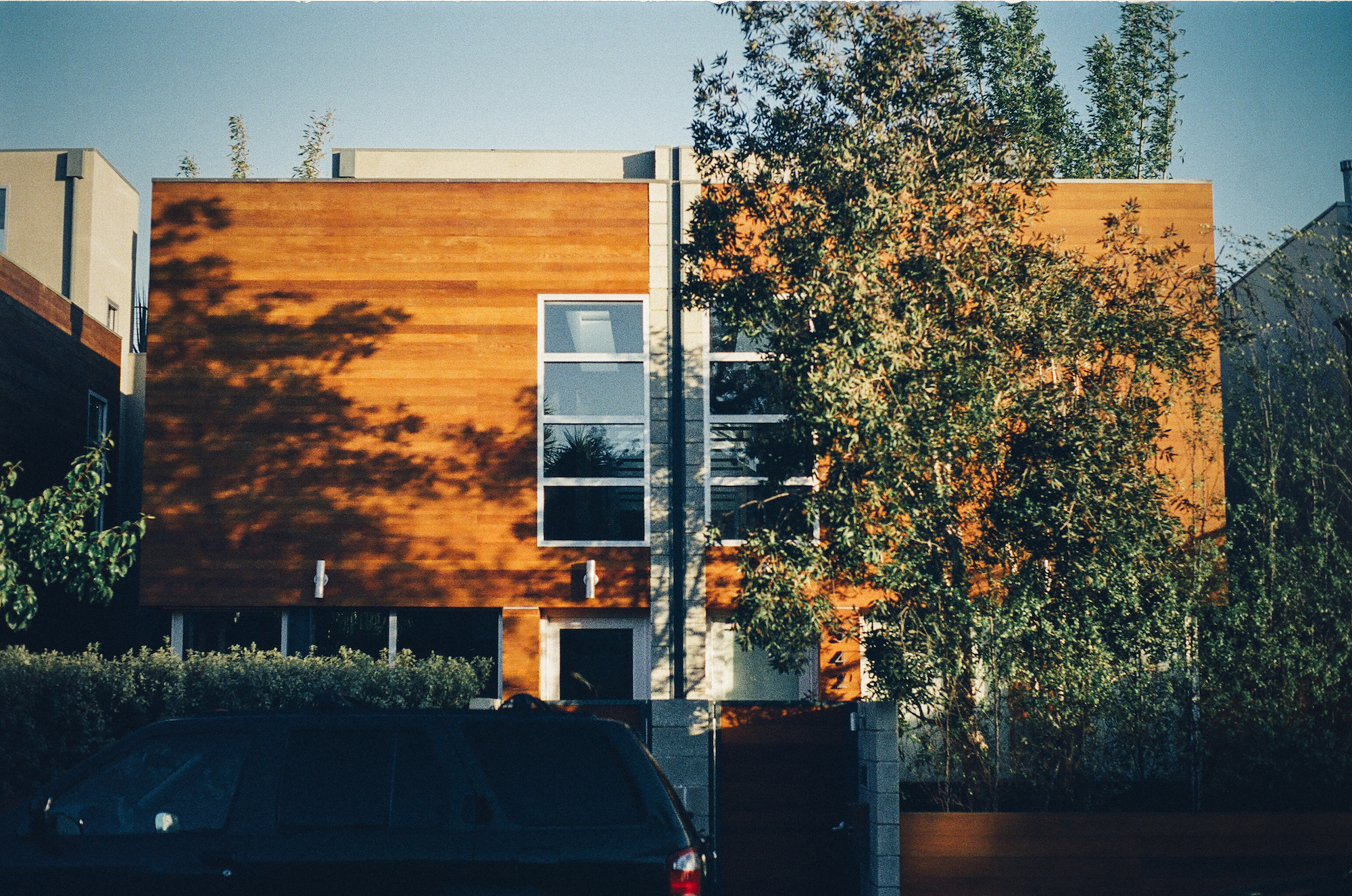Thinking about buying your very own property with the help of a loan? You may be wondering how to get started. Read on to discover what financial expert Kym Nitschke recommends for making the process a smooth experience.
You have made the decision to purchase a property. Perhaps this will be your first home. Maybe it’s an investment property. Either way, you’re just getting started!
Where do you go from here?
For most people, purchasing property is one of the largest financial transactions and commitments they will ever make. It can be an incredibly daunting step for anyone. But it’s also a very exciting one! Consider the following suggestions as you make plans to reach your goal.
The First Steps to Purchasing a Home
Improve your chances of securing a home loan by demonstrating your financial stability. Be prepared to show proof of a history of regular savings in your bank account. A solid track record of employment is also essential. You’ll need to think about how much you can afford to borrow.
How do you figure that out?
This is largely determined by your current income and how large of a deposit you have saved up. The surest way to know is to consult a mortgage broker who has extensive experience in matters like this.
Be Aware of Added Costs
The purchase price of the property isn’t the only expense you need to prepare for. There are many other important aspects you need to think of. Such added costs can include the following:
– Home Loan Application Fees
– Lenders Mortgage Insurance (if applicable)
– Stamp Duty
– Mortgage Registration Fee
– Legal Fees
– Pest/Building Inspections
– Insurance–Building, Home and Contents
– Council Rates and Strata Fees
– Moving Costs
Talk with a mortgage broker before you get started to be sure that you aren’t missing anything.
Saving a Deposit: Essential to a Successful Purchase
A savings deposit plays a crucial role in helping you break into the challenging property market. Saving as much money as you possibly can for a deposit is the best way for you to reduce repayments and avoid Lenders Mortgage Insurance (LMI). What difference does that make? With some lenders, you can lend up to 95% of the property value.
Generally, however, if you lend more than 80% of the property value, you will be required to pay Lenders Mortgage Insurance (LMI). This can cost you thousands of dollars depending upon the price of the property. LMI is a one-off premium. In some cases, it can be added to the loan to be repaid over the term of the loan. It’s a good rule-of-thumb to keep in mind that the bigger your deposit is, the lower the LMI will be.
You’re probably wondering right now how much is enough. In an ideal world, you want to save up to about 20% of the purchase price (to avoid LMI), plus the costs which cover stamp duty, legal fees etc. In reality, though, as soon as you have saved up even just 5% of the purchase price plus the other costs, you could begin looking around and talking to your mortgage broker about options. As a point of reference, the stamp duty and legal fees usually total up to around 5% of the purchase price in themselves.
Finding the Right Lender
Every lender is different and has their own lending criteria. Each bank also has a different policy concerning the deposit requirement. The best thing you can do is to speak with a broker who is familiar with each bank’s policies. There are various guidelines governing matters such as genuine savings versus gifted money (considered non-genuine savings). Here again, a broker will help you to sift through the potentially confusing details.
Make sure that you obtain pre-approval from the lender before you go out to make any offers. Your mortgage broker can assist you through every step of the process even after helping you determine which loan options are best for your situation. For example, a guarantor loan is often the ideal option for first-time home buyers.
Finding the Right Property
Make sure the property you cast your eye on is just right for you with the following suggestions:
– Upon determining your price range, locate the suburbs which have properties that fall within that price range.
– Do as much research as you possibly can over a reasonable period of time and monitor the market closely. See how much similar properties in your target area are going for.
– Attend open inspections and auctions so as to get a feel for the market in your desired area. You want to be confident with your purchase!
– Have a building and pest inspection completed on the property to avoid any nasty and costly surprises. It can be easy to neglect these vital steps when you’re caught up in the excitement of your new purchase!
– Don’t forget to have the contract reviewed by a conveyancer or solicitor before you sign it. This can save you on a lot of headaches down the road.
When is the Right Time to Make the Purchase?
Ultimately, you need to weigh up all the factors specific to your circumstances to decide on the right time to purchase. Think, for example, about what can happen if you continue renting: will you end up spending more by renting or by purchasing your new home as soon as possible? Might the property prices increase during the time that you continue to save? It may be better to simply take out a loan with the minimum deposit and pay the LMI.
On the other hand, achieving that desirable 20% deposit will reward you with a smaller loan with lower repayments and greater equity in your home. Every case is different and it is best to consult your mortgage broker to discuss your options so that you find out what will help you make a successful purchase.
Need financial or accounting advice? Need a mortgage broker?
Call the Adelaide office of Nitschke Nancarrow today on (08) 8379 9950 to learn more or send me an email.
– Kym Nitschke














